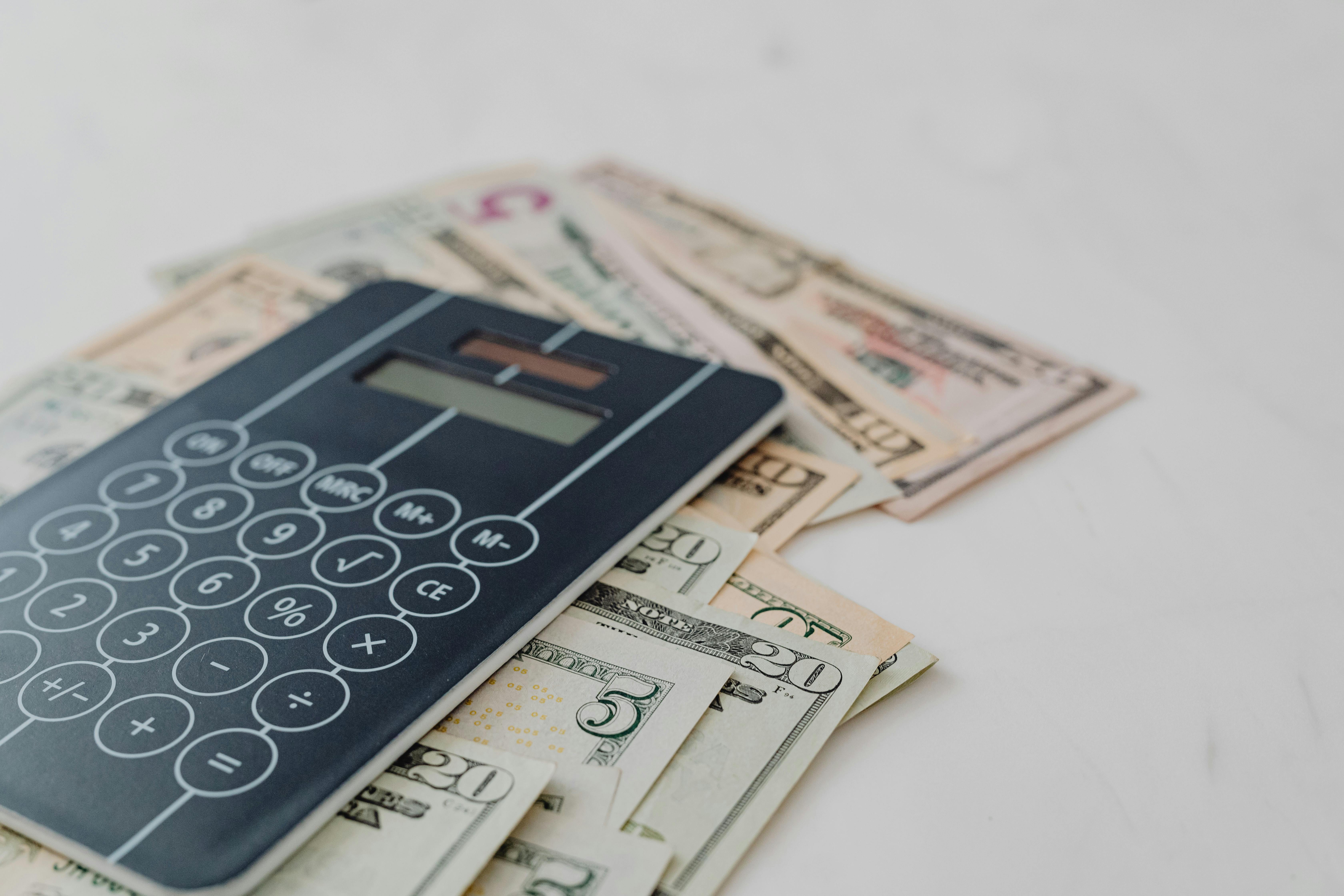Effective Ways to Clean Retainers at Home for Better Oral Health

Effective Ways to Clean Retainers at Home for Better Oral Health
Keeping your retainers clean is essential for maintaining optimal oral health and hygiene. Retainers, whether fixed or removable, play a vital role in ensuring that your teeth remain in their desired positions after braces or other orthodontic treatments. However, if not properly cared for, they can harbor bacteria, fungi, and plaque that may result in bad breath and even oral infections.
This guide will delve into how to clean retainers effectively at home, sharing essential retainers care practices and cleaning tips that ensure freshness and hygiene. Emphasizing the significance of proper retainers hygiene, we will explore various methods including soaking solutions, the best cleaning tools, and homemade cleaners to keep your retainers in top condition.
Additionally, we will provide insights into a cleaning routine that fits seamlessly into your daily life, discuss common mistakes to avoid, and offer expert recommendations to ensure your retainers remain free from harmful buildup. By the end of this article, you will have a comprehensive understanding of retainer maintenance, enabling you to enjoy better oral health with your orthodontic devices.
Key Takeaways:
- Understanding the best cleaning methods for retainers.
- Importance of daily care and routine cleaning.
- Homemade solutions and safe products to use for cleaning.
- Effective ways to prevent bacterial growth and odors in retainers.
Comprehensive Guide to Cleaning Retainers Safely
Building on the importance of maintain your retainer's cleanliness, let's explore how to achieve this with safe cleaning practices that prevent damage.
Step-by-Step Process to Clean Retainers
Cleaning your retainers should be a straightforward process that fits into your daily routine. To start, gather the necessary materials like a soft toothbrush, lukewarm water, and a suitable cleaning solution.
- Begin by rinsing your retainers under lukewarm water. This helps to remove any loose food particles or debris.
- Apply a small amount of non-abrasive toothpaste or use a toothbrush specifically designed for dental appliances. Gently brush every surface of the retainer, ensuring you don't apply too much pressure to avoid scratching.
- After brushing, rinse the retainer again to remove any residue and toothpaste.
Homemade Retainer Cleaning Solutions
If you're looking for eco-friendly options, you can create homemade cleaning solutions for your retainers. Here are a couple of effective methods:
- Water and Vinegar Solution: Mix equal parts of white vinegar and lukewarm water. Soak your retainer for 15-30 minutes for a thorough cleansing.
- Baking Soda Cleaner: Create a paste with baking soda and water. This natural cleaner helps to remove odors and discolorations while being gentle on the retainer’s material.
Importance of Rinsing Retainers
After every cleaning routine, rinsing your retainer is crucial to eliminate any remaining cleaning agents and bacteria. Regular rinsing not only promotes hygiene but also helps to prevent plaque build-up that can lead to oral health issues. Remember to always rinse your retainer before placing it back in your mouth.
Common Mistakes in Retainer Care
While cleaning is essential, be aware of common mistakes that can damage your retainers:
- Avoid using harsh chemicals or bleach, which can degrade the material.
- Don’t soak your retainers for too long, especially in solutions that are acidic, as they may distort the retainer's shape.
- Refrain from using regular toothpaste, which can be abrasive and cause scratches.
Best Practices for Daily Retainer Care
Make retainer cleaning a part of your daily routine for optimal hygiene. This could include rinsing your retainer after meals, using dental floss around your teeth, and incorporating your cleaning methods into your twice-daily oral care regimen.
Top Solutions for Keeping Retainers Fresh
With these basics established, let's take a deeper dive into the solutions available for ensuring your retainers remain fresh, clean, and odor-free.
Using Tablets for Retainer Cleaning
Denture cleaning tablets can be a convenient way to maintain the cleanliness of your retainers. Simply dissolve one tablet in a cup of water and submerge your retainers, following the manufacturer's instructions for soaking time. This method is gentle and effective in removing odors and stains.
Rinsing Options: Best Practices
In addition to daily cleaning, rinsing your retainers with mouthwash can enhance freshness. However, opt for alcohol-free mouthwash to prevent drying out the material. Proper rinsing will safeguard against microbial growth and ensure your breath stays fresh.
How Often Should You Clean Your Retainer?
Cleaning frequency is crucial. Ideally, you should clean your retainer at least once a day. Paying attention to when to clean based on usage – such as after eating or before bedtime – can significantly enhance your oral health.
Safe Storage Tips for Your Retainers
Proper storage of your retainers when not in use is just as important as cleaning. Always store them in a protective case to prevent damage or contamination. When traveling, ensure your retainer is securely stored to avoid loss or exposure to harmful bacteria.
Retainer Cleaning Routine for New Users
For new retainer wearers, establishing a cleaning routine is key. Follow the same steps mentioned earlier, gradually building the habit. Start by keeping your retainer cleaning materials at hand to encourage consistent care.

Understanding the Impact of Cleanliness on Oral Health
Following this approach, understanding the broader implications of retainer cleaning is critical for overall oral hygiene.
Preventing Bacteria Growth with Clean Retainers
Regular cleaning aids in preventing bacteria growth and lowers the risk of infections. An unclean retainer can irritate your gums, leading to discomfort or complications. Maintaining a robust cleaning routine is essential for your dental health.
Effects of Neglecting Retainer Care
Failing to clean your retainer can lead to build-up, leading to bad breath, discoloration, and even permanent damage to the retainer. Ultimately, this could necessitate replacement, resulting in additional costs and stress.
Aligners vs. Retainers: Cleaning Guidelines
While the principles of cleanliness are shared, retainers and aligners each have specific care instructions. Aligners, for example, should be cleaned according to the material used. It's essential to learn the specific guidelines for each type to maintain their function effectively.
Professional Recommendations for Retainer Cleaning
Consulting your orthodontist periodically can provide tailored advice on your retainer cleaning methods and routines. They may suggest specific products or methods based on the type of retainer you are using.
Cleaning Orthodontic Appliances Effectively
Understanding how to clean orthodontic appliances, including retainers, is fundamental to maintaining their integrity and functionality. Making informed decisions about cleaning products is vital, opting for eco-friendly solutions whenever possible.

Q&A Section: Common Questions About Retainer Cleaning
Let's address some frequently asked questions regarding retainer cleaning and care.
How often should I clean my retainer?
You should aim to clean your retainer at least once a day, ideally after meals. Rinsing is just as important as thorough cleaning.
Can I use regular toothpaste on my retainers?
It's best to avoid regular toothpaste as it can scratch the surface of the retainer. Use non-abrasive options instead.
What is the best way to soak my retainer?
You can soak your retainer in a mixture of water and vinegar or a commercial denture cleaner. Follow the suggested soaking times for best results.
Are there any risks in not cleaning my retainer?
Not cleaning your retainer can cause plaque and odor build-up, leading to bad breath or potential oral infections.
Can I clean my retainer with hydrogen peroxide?
Yes, you can use diluted hydrogen peroxide for cleaning. However, ensure it’s safe for your specific retainer material.